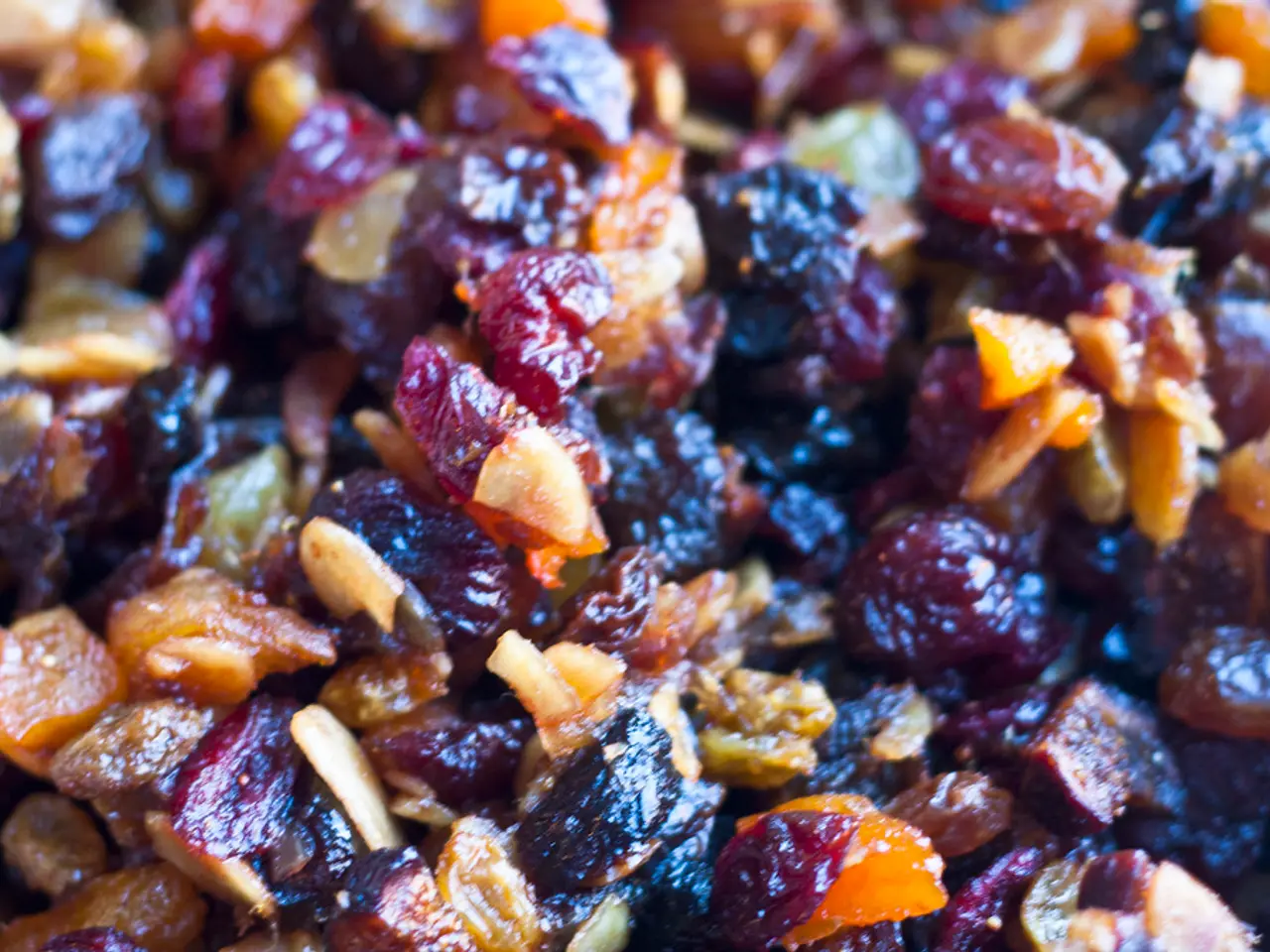Foods Enhancing Ozempic-Induced Weight Loss, Plus Those Potentially Hindering It
Ozempic, a medication used for managing type 2 diabetes and sometimes for weight loss, requires a careful approach to diet to maximise its benefits and minimise side effects.
When taking Ozempic, it is recommended to focus on high-fibre, whole foods, healthy fats in moderation, and avoid high-fat, fried, processed, and high-sugar foods.
Recommended foods include high-fibre options such as non-starchy vegetables, berries and fruits, legumes, whole grains, and seeds. Healthy fats, like avocado, olive oil, nuts and seeds, fatty fish, and egg yolks, should be consumed in moderation. Whole grains and fibre supplements, such as oats and beta-glucan fibre, are beneficial for satiety and blood sugar control.
On the other hand, it's best to avoid high-fat and fried foods, refined carbohydrates and sugars, and large portions. Processed grains, added sugars, soda, and fried items, processed meats, and other fatty foods may worsen Ozempic-induced digestive side effects like nausea.
Including lean proteins, like chicken, fish, lentils, and tofu, in meals can help stabilise blood sugar when taking Ozempic. Healthy fats, like those in avocados, nuts, seeds, and olive oil, provide sustained energy and help with blood sugar control. Reducing sugary foods is recommended when taking Ozempic to manage blood sugar levels.
Additional advice includes gradually increasing fibre intake to at least 25-30 grams per day while drinking plenty of water to avoid digestive discomfort. Start with small portions of fatty foods to gauge tolerance, because Ozempic may increase digestive sensitivity early in treatment. Avoid lying down for 2-3 hours after eating to reduce heartburn risks.
In summary, the best diet while taking Ozempic includes fibre-rich, low-fat, whole foods coupled with moderate healthy fats, while avoiding fried, greasy, processed, sugary, and large-volume meals to reduce side effects and optimise weight loss and diabetes control.
- To maximize the benefits of Ozempic and minimize side effects, it's advisable to incorporate fibre-rich, whole foods into your diet, such as non-starchy vegetables, berries, fruits, legumes, whole grains, and seeds.
- Healthy fats, like avocado, olive oil, nuts, seeds, fatty fish, and egg yolks, should be consumed in moderation when taking Ozempic for diabetes and weight management.
- On the contrary, it's best to avoid high-fat and fried foods, refined carbohydrates, sugars, processed grains, added sugars, soda, fried items, processed meats, and other fatty foods, as they may worsen Ozempic-induced digestive side effects.
- Including lean proteins, like chicken, fish, lentils, and tofu, in meals can help stabilize blood sugar while taking Ozempic, while reducing sugary foods is recommended to manage blood sugar levels.
- To optimize weight loss and diabetes control while taking Ozempic, maintain a diet that consists of fibre-rich, low-fat whole foods, moderate healthy fats, and avoids fried, greasy, processed, sugary, and large-volume meals.




